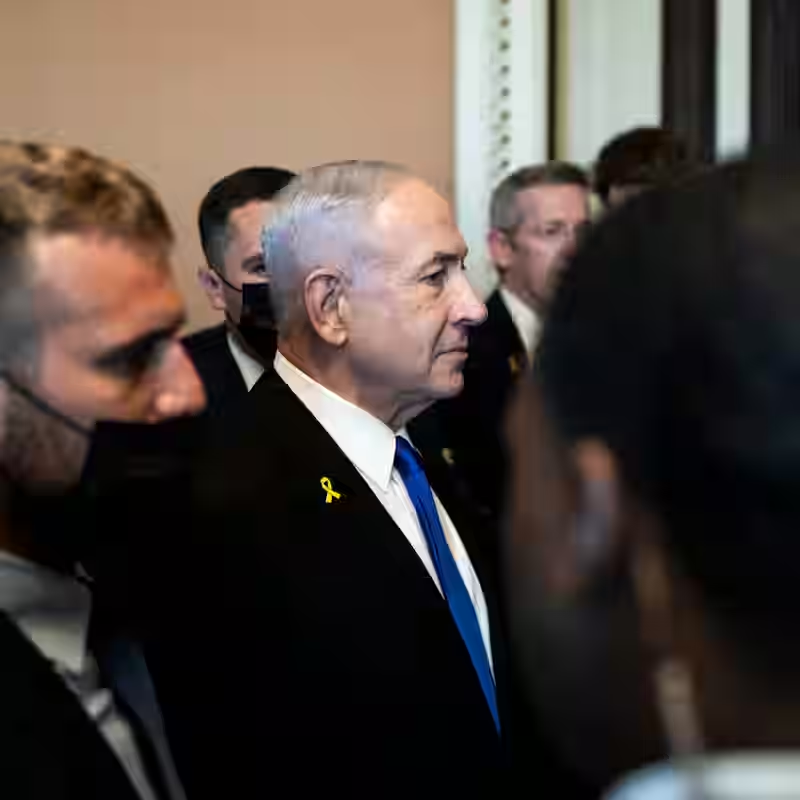Trump and Netanyahu Meet Amid Mounting Pressure Over Gaza’s Future
As President Donald J. Trump and Israeli Prime Minister Benjamin Netanyahu prepare for their fourth White House meeting of 2025, international scrutiny over the Gaza war—and its aftermath—has reached a boiling point. With Israel increasingly isolated on the global stage, the two leaders are set to discuss competing postwar governance plans that could reshape the region.

Why This Meeting Matters
The stakes are higher than ever. The war in Gaza is approaching its third year, humanitarian conditions are catastrophic, and key Western allies—including Britain and France—have announced recognition of a Palestinian state, defying Israeli objections.
President Trump, once seen as Israel’s staunchest U.S. ally, has recently signaled impatience with the prolonged conflict and publicly stated he “will not allow” Israel to annex parts of the occupied West Bank—a major red line for Palestinians.
Postwar Gaza: Competing Blueprints
Multiple proposals are now on the table:
- The Trump-Witkoff Plan: Backed by U.S. envoy Steve Witkoff, this framework was recently pitched to Arab and Muslim-majority leaders during the U.N. General Assembly.
- Tony Blair’s Proposal: The former British PM has offered a governance model emphasizing technocratic interim leadership.
- Arab-French Initiative: A coalition of Arab states and France is pushing for an international civilian authority to manage reconstruction and security transition.
International Isolation Deepens for Israel
| Country/Entity | Recent Action | Impact on Israel |
|---|---|---|
| United Kingdom | Recognized Palestinian state | Diplomatic setback |
| France | Recognized Palestinian state | Increased EU pressure |
| Arab League | Endorsed French-Arab Gaza plan | Reduced regional support |
| United States | Promoting postwar governance model | Conditional backing |
Can Trump Deliver?
Despite previous cease-fire announcements, none of the three prior Trump-Netanyahu meetings this year have ended the fighting. The critical question now is whether Trump is willing to exert real leverage—such as conditioning military aid or public support—on Netanyahu to accept a postwar deal.
[INTERNAL_LINK:Postwar Gaza Governance]




